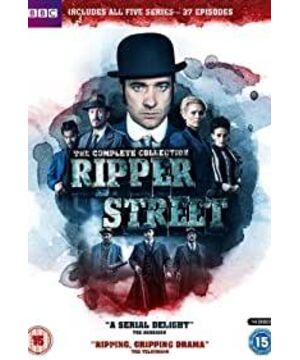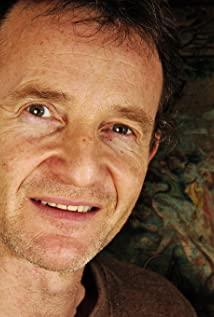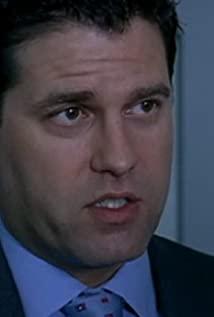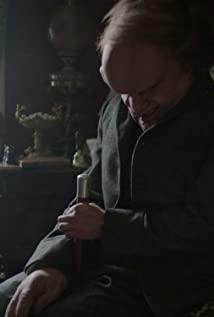Ripper Street represents poverty and darkness. It was in this low-level neighborhood that the most notorious murders in history took place. Most of the victims were low-level prostitutes standing on the street to solicit customers. They didn't have much sympathy for their dead people, and even applauded the cruelty of the Ripper like the old lady who ran the mill in the play. When the ripper showed a few pennies and took away the girl who was standing on the street selling laughter and disappeared into the dim end of the alley, not many people would pay attention, because this is the Whitechapel district, it is dark and dirty, and people are so concerned about this transactions have become commonplace. Would the Ripper still go unpunished if the victim was not a prostitute but a noble lady? Would the murder still have happened if it had been on Financial Street instead of Whitechapel?
So the reason why the screenwriter named it Ripper Street is because it tells about the murders that happened in the lowest neighborhoods of London, the prostitutes played by the powerful, the displaced orphans, the veterans who lived in distress after being discharged from the army, and the youth who believed in equality and participated in the strike. The show may not be brilliant enough, but I still give it four stars for the Dickensian vibe it oozes from time to time. It was the best of times and the worst of times. The invention of the telegraph, the looming electrical revolution, faster steamships connecting the world, like the subway that runs through London, all seemed to promise a better future to the people of the slums. Yet poverty and war discrimination followed, and strikes failed to bring any substantial change to their lives. Women from decent families are trapped at home, and even if they have a talent, they are not allowed to display their talents, and women from lower-class families can only be reduced to prostitutes.
View more about Ripper Street reviews











